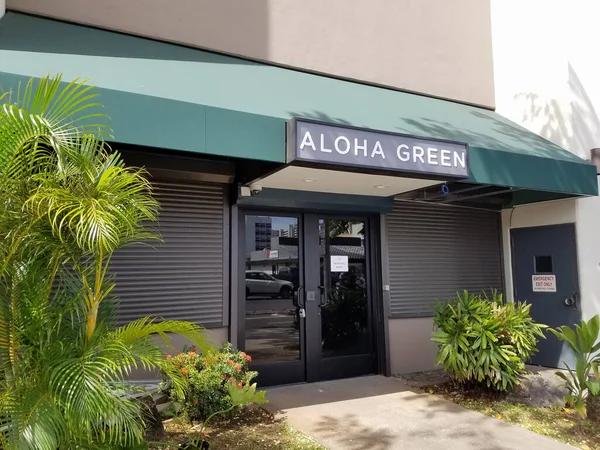Nevada has become known for its progressive stance on cannabis, allowing the sale and use of marijuana through regulated dispensaries. However, despite state-level legalization, dispensary regulations vary significantly across different cities within Nevada. These differences impact how businesses operate and how consumers access cannabis products. Understanding these distinctions is essential for both entrepreneurs in the industry and residents seeking legal marijuana.
At the state level, Nevada permits adults aged 21 and over to purchase recreational cannabis from licensed dispensaries. The state’s Department of Taxation oversees licensing and enforces statewide rules concerning product safety, packaging, labeling, and taxation. Still, individual cities retain authority to impose additional restrictions or bans on dispensaries within their jurisdictions. This local control leads to a patchwork of regulations that can differ widely even between neighboring communities.
Las Vegas stands out as one of the most established markets in Nevada due to its large population and tourism industry. The emergency dentist culver city allows numerous recreational dispensaries but enforces strict zoning laws that limit where these shops can be located. Dispensaries must comply with distance requirements from schools, parks, churches, and other sensitive areas. Additionally, Las Vegas requires operators to obtain separate business licenses beyond state-issued marijuana permits. These measures aim to balance commercial growth with community concerns about public health and safety.
In contrast, Reno has taken a somewhat more lenient approach by encouraging dispensary development while still maintaining regulatory oversight regarding location and operational standards. Reno’s policies promote economic benefits such as job creation but also include safeguards like limiting store density in certain neighborhoods to avoid oversaturation or negative social impacts.
Some smaller cities or rural areas have opted for outright bans on recreational cannabis sales despite statewide legalization. For example, Henderson initially prohibited retail outlets but later allowed medical marijuana facilities under specific conditions while continuing to restrict recreational sales zones tightly.
Tax rates imposed at the local level may also differ slightly depending on municipal decisions about business license fees or additional excise taxes layered on top of those mandated by the state government.
These varying regulations affect consumers’ ability to find convenient access points for purchasing cannabis legally as well as influence pricing structures due to differing tax burdens or overhead costs associated with compliance requirements unique to each city.
Overall, navigating Nevada’s diverse landscape of dispensary rules requires careful attention from all stakeholders involved-from regulators crafting balanced policies aimed at protecting public interests while fostering industry growth-to entrepreneurs planning market entry strategies tailored according to local nuances within this dynamic environment shaped by evolving attitudes toward cannabis use nationwide.
Toothopia Dental
3831 Hughes Ave Suite 102, Culver City, CA 90232
310-643-6611




